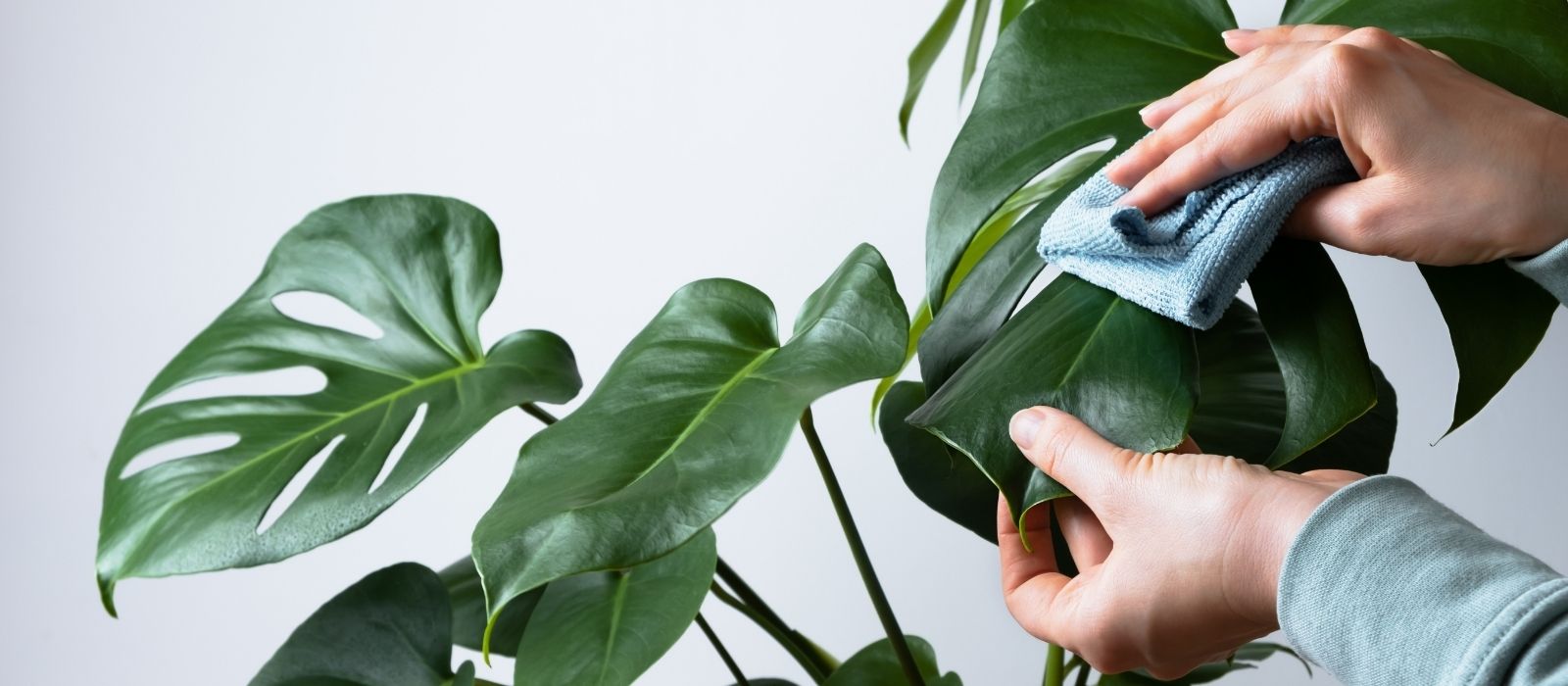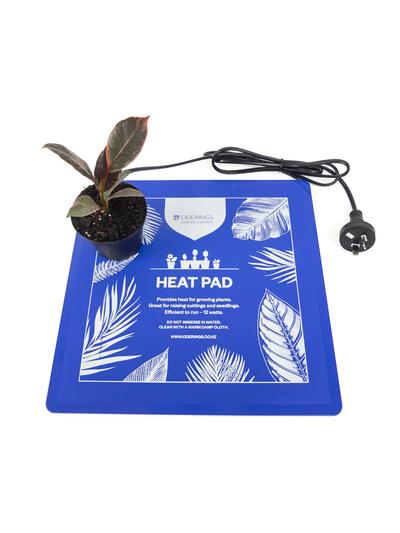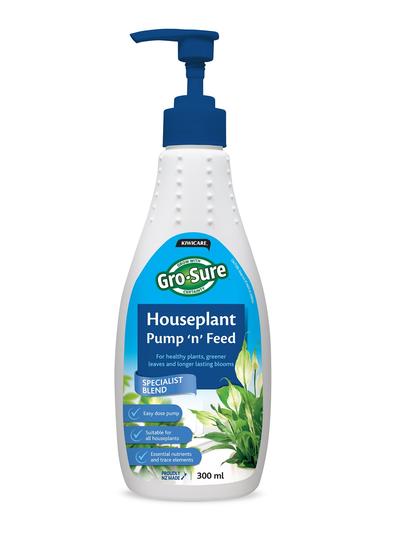
Lighting
In winter, the days are shorter, and natural light is dimmer. Therefore, it’s essential to adjust the location of cold-sensitive plants like calatheas, alocasias, and fittonias.
Don’t:
- Do not place sensitive plants too close to windows, as they may get frosted from the cold. If needed, move them further away or keep curtains closed at night to protect them.
Do:
- Gradually acclimate plants to brighter spots using the "hardening off" method—move them to sunnier locations for a few hours each day to prevent shock.
- Rotate your plants every few weeks so they get even light exposure, avoiding a lopsided or stretched appearance.
- Wipe down the leaves regularly with a soft, damp cloth to remove dust and help maximise photosynthesis.
Temperature
Houseplants prefer a stable temperature above 15°C and are sensitive to temperature fluctuations.
Don’t:
- Don’t keep plants in draughty areas or near windows with gaps—especially ferns or plants with soft leaves.
- Don’t let your plants dry out near fireplaces or gas heaters, as the heat can dehydrate them.
Do:
- Mist your plants monthly with a misting spray like GroSure Mist & Feed, and use lukewarm water every other week to maintain humidity.
- Group your plants together in winter to create a small, humid microclimate around them.
- Use an Oderings Heat Pad at night to maintain consistent warmth when heat pumps are turned off.
Watering
During winter, houseplants require significantly less water.
Don’t:
- Don’t overwater by sticking to your summer schedule; this can lead to root rot.
- Don’t water directly from the tap; cold water can shock your plants. Instead, use lukewarm or room-temperature water.
- Don’t put your plants outside in the rain for a wash if it’s too cold for you—it’s also too cold for them.
Do:
- Surface water—direct the water around the plant’s perimeter (3-5cm away from the centre), ensuring it penetrates about 5cm deep.
- Water in the mornings rather than at night gives the plant time to absorb moisture before the temperature drops.
Dormancy & Fertiliser
During winter, plants tend to go dormant, so you might not see much growth. This is perfectly normal!
Don’t:
- Don’t fertilise with NPK-based fertilisers unless you see signs of new growth. Too much fertiliser can stress dormant plants.
- Don’t repot your plants in winter; it's best to wait until the growing season in spring.
Do:
- If your house stays warm, you can fertilise gently with a mild fertiliser like GroSure Pump & Feed every 4-6 weeks.
- Give your plants a diluted liquid seaweed feed to help boost their immunity and offer protection during the colder months.
By adjusting these key aspects—lighting, temperature, watering, and feeding—you can ensure your houseplants stay healthy and happy through winter. Just a little care goes a long way in maintaining their vibrancy.








